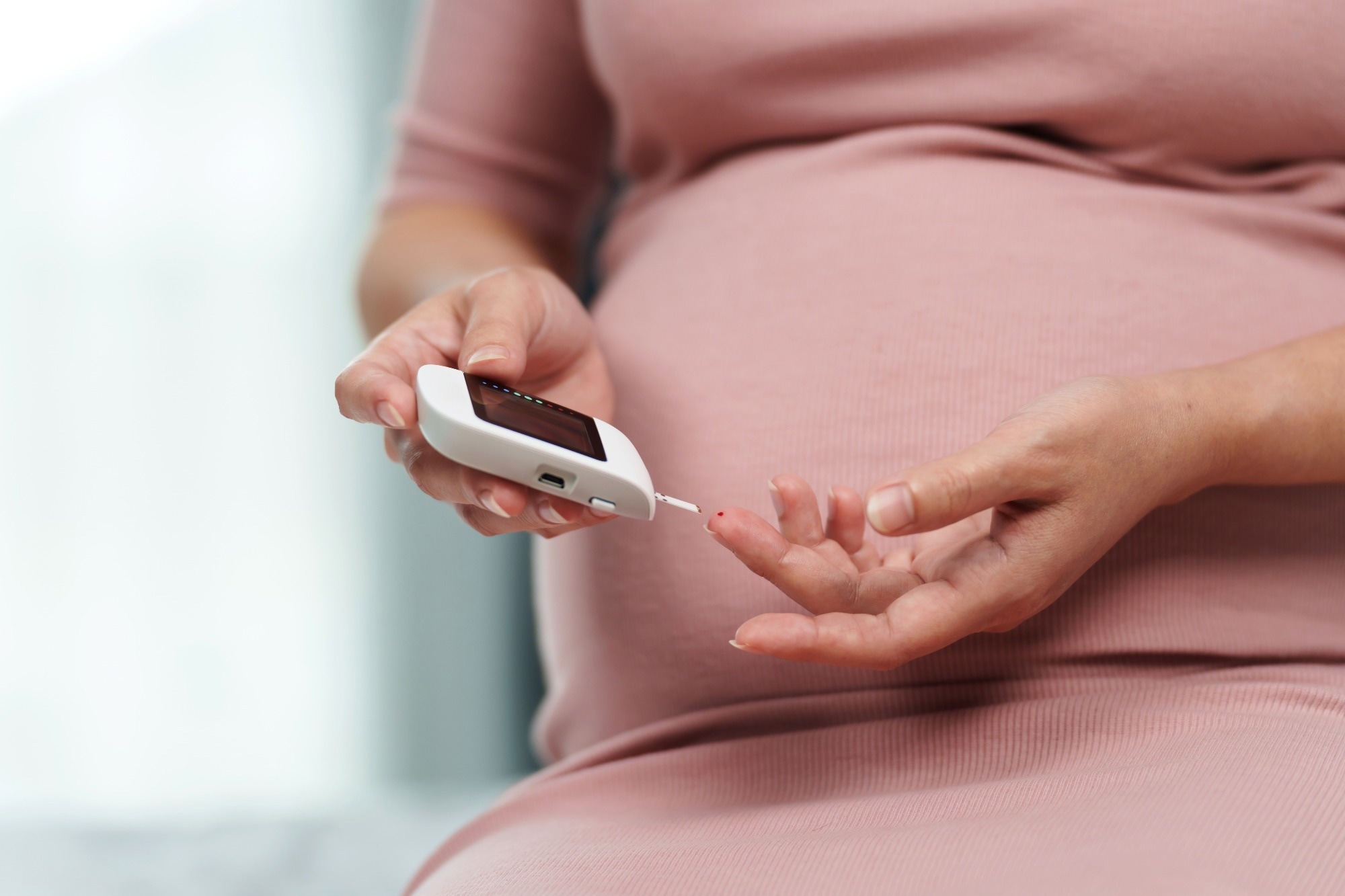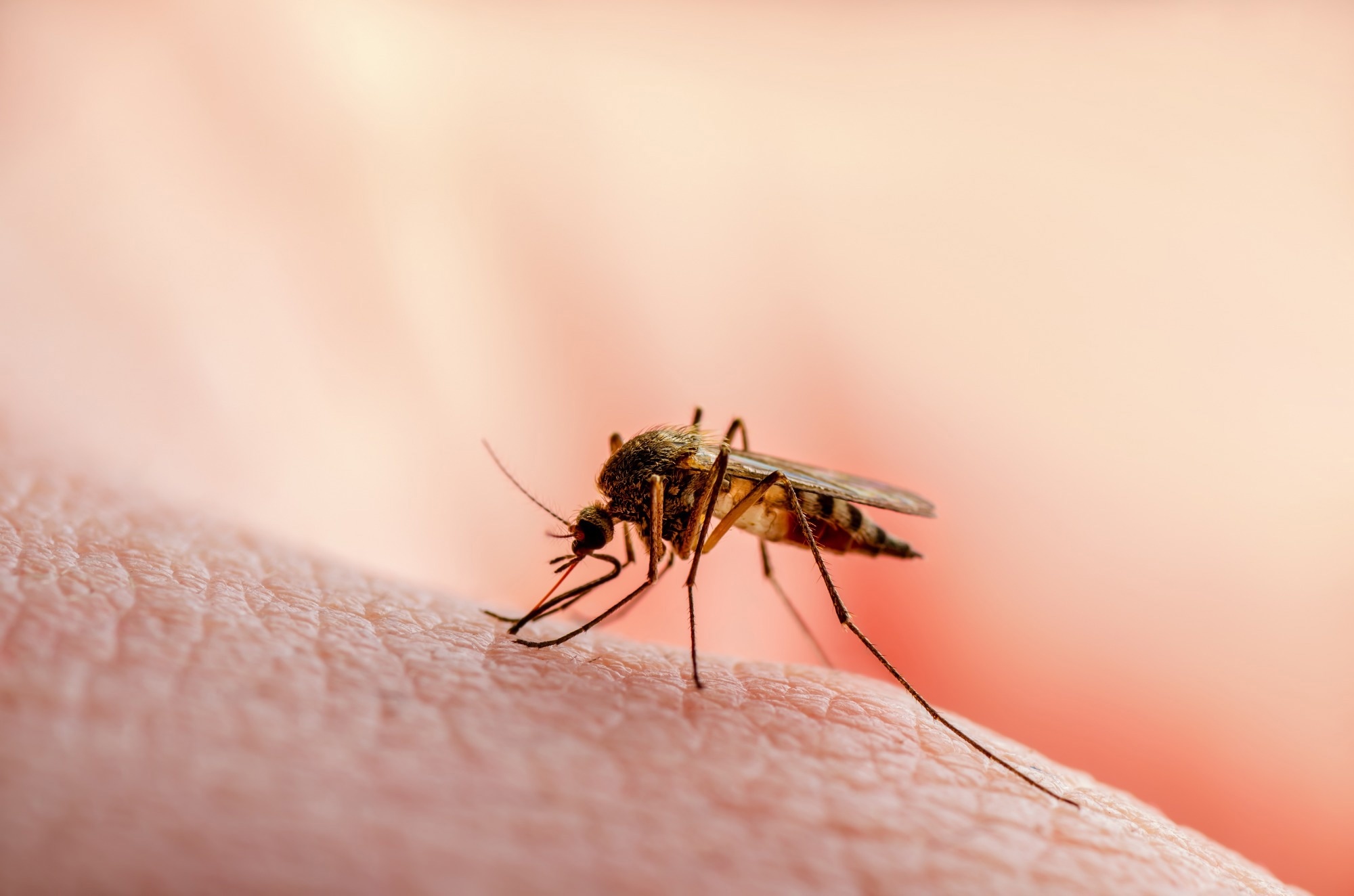By Ralph Ellis
July 25, 2022
People who nap frequently have a 12% higher chance of having high blood pressure and a 24% higher chance of having a stroke than people who never or rarely nap, according to a study published in Hypertension, a journal of the American Heart Association.
Researchers in China studied information from UK Biobank, a biomedical database containing genetic, lifestyle, and health information from half a million people between the ages of 40 and 69 who lived in the United Kingdom, the AHA said in a news release.
Taking naps is not harmful in itself but may indicate people aren’t getting enough sleep at night, a sleep expert who wasn’t involved in the study says in the news release.
“Poor sleep at night is associated with poorer health, and naps are not enough to make up for that,” said Michael Grandner, director of the Behavioral Sleep Medicine Clinic at the Banner-University Medical Center in Tucson, Arizona. “This study echoes other findings that generally show that taking more naps seems to reflect increased risk for problems with heart health and other issues.”
A higher percentage of participants who said they usually took naps were men with lower education and income levels compared to people who never or sometimes took naps, the release said. The group that usually took naps also smoked cigarettes, drank alcohol daily, and snored.
People who had had a stroke or high blood pressure were excluded from the study, leaving about 360,00 participants. They provided blood, urine, and saliva samples as well as information about their lifestyles. They were asked about napping habits four times between 2006 and 2019 and self-reported their napping frequency as “never/rarely,” “sometimes,” or “usually.”
Last month, the AHA added getting enough sleep to its checklist of things people need to do to have optimal cardiovascular health. The other seven lifestyle factors are nicotine exposure, physical activity, diet, weight, blood glucose, cholesterol, and blood pressure.
“From a clinical standpoint, I think (the new study) highlights the importance for health care providers to routinely ask patients about napping and excessive daytime sleepiness and evaluate for other contributing conditions to potentially modify the risk for cardiovascular disease,” Phyllis Zee, MD, director of the Center for Circadian and Sleep Medicine at Northwestern University Feinberg School of Medicine in Chicago, told CNN.

QUESTION
In the U.S., 1 in every 4 deaths is caused by heart disease.
See Answer
References
WebMD, July 25, 2022.
Hypertension: “Association of Nap Frequency With Hypertension or Ischemic Stroke Supported by Prospective Cohort Data and Mendelian Randomization in Predominantly Middle-Aged European Subjects”
American Heart Association: “Study shows link between frequent naps and high blood pressure”
American Heart Association: “American Heart Association adds sleep to cardiovascular health checklist”
CNN: “Napping regularly linked to high blood pressure and stroke, study finds”












